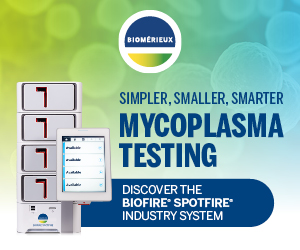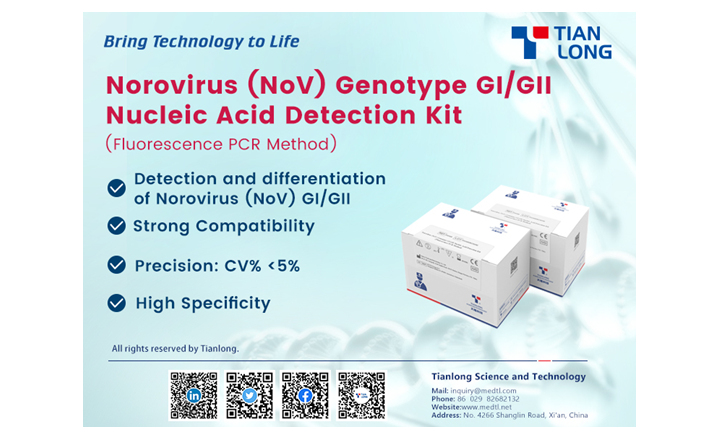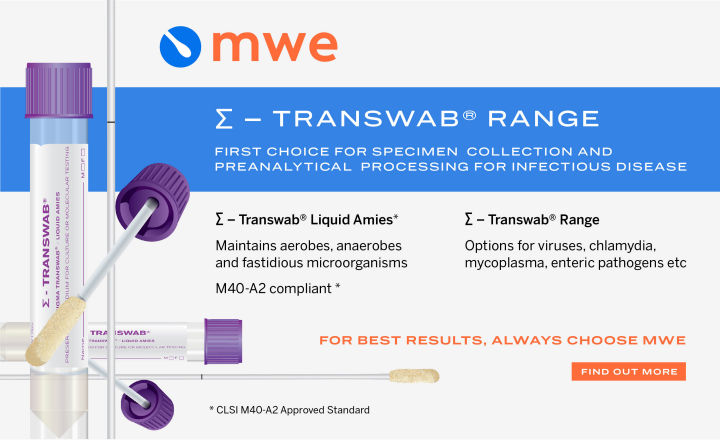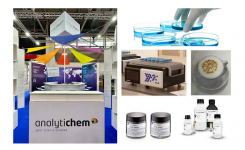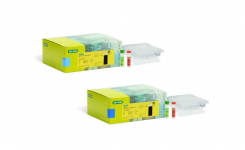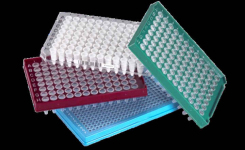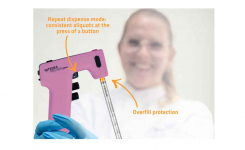 by Martin D’Agostino, Virologist, Campden BRI
by Martin D’Agostino, Virologist, Campden BRI
Virus related foodborne illness is becoming a major issue and so the control of food borne viruses is a growing area of concern for the industry. At present there is limited information available of direct relevance to foods. Of particular importance is the understanding of the survival and persistence of food borne viruses on foods and in the environment, as well as the assessment/validation of antiviral treatments.
If foods do become contaminated with viruses, there are several challenges involved with their detection:
- Viruses do not multiply in or on foods, they can often be present in very low numbers and they cannot readily be cultured. Viruses therefore have to be extracted directly from the foodstuffs, followed by sensitive molecular detection techniques - a much more involved process than the traditional culture based detection of bacterial contaminants.
- Because it is the viral nucleic acid which is being detected, the issue of whether or not the virus is infective or not is a major issue.
- At the moment, none of the viruses can be grown in culture routinely, hampering the development of effective control measures and assessing its potential infectivity.
Although there are no readily available culturing systems available for human norovirus, hepatitis A virus or hepatitis E virus, the use of cultureable surrogate viruses can provide a way of providing information on the effect of control measures, such as differing pH, Aw, and disinfectant parameters. Surrogate viruses are considered to be similar to the foodborne viruses of concern, but differ in that they can be cultured outside the host, and we can therefore assess their ability to infect after treatment.
A Campden BRI research project is investigating the efficacy of these control measures along with potential virucidal treatments such as fogging, pulsed light, pressure and heat using bacteriophage and a culturable norovirus (murine norovirus).
On Nov 28th 2017, Campden BRI will be holding a seminar on Hepatits E which brings together industry experts to provide up–to–date information on several important aspects relating to HEV infection, routes of transmission, methodology and the commercial/ industry perspective.




